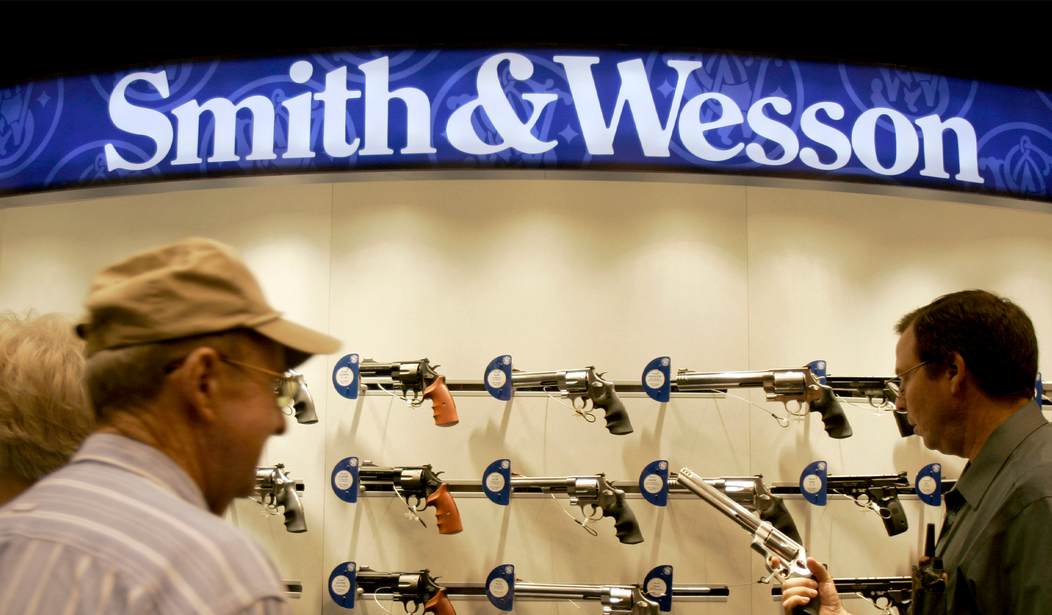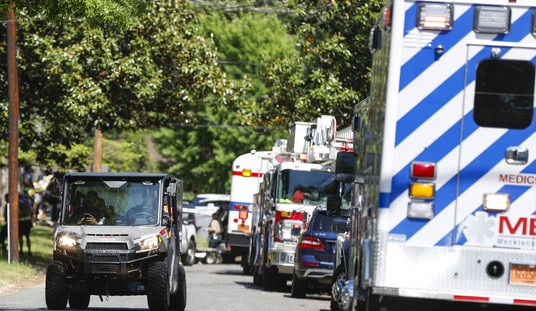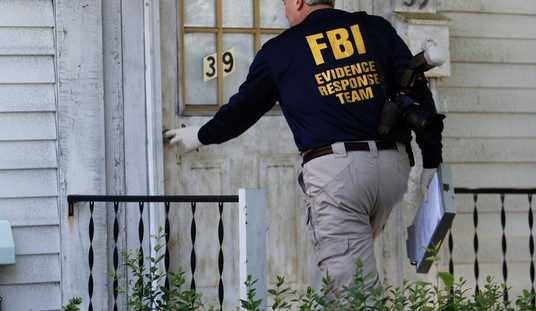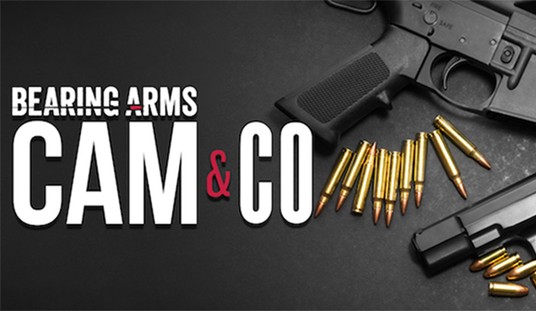The Mexican government's $10 billion lawsuit blaming the U.S. gun industry for the drug cartel violence south of the border has already been thrown out by a federal judge, but the First Circuit Court of Appeals revived the lawsuit a few months ago. Now the plaintiffs are asking the Supreme Court to intervene and reverse the First Circuit's decision, which would put an end to the lawsuit once and for all.
In their cert petition, attorneys for the gun makers argue that the district court got it right when it tossed the case, ruling that the Protection of Lawful Commerce in Arms Act prevents Mexico from trying hold them liable for the actions of cartel members.
To be clear, Mexico’s complaint does not include any ground breaking factual revelations, nor does it uncover any secret dealings between the cartels and America’s firearms companies. Instead, Mexico’s suit challenges how the American firearms industry has openly operated in broad daylight for years. It faults the defendants for producing common firearms like the AR-15; for allowing their products to hold more than ten rounds; for failing to restrict the purchase of firearms by regular citizens; and for refusing to go beyond what American law already requires for the safe production and sale of firearms. In Mexico’s eyes, continuing these lawful practices amounts to aiding and abetting the cartels. According to Mexico, American firearms companies are liable because they have refused to adopt policies to curtail the supply of firearms smuggled south—such as making only “sporting rifles,” or cabining sales to those with a “legitimate need” for a firearm (as defined by Mexico).
Mexico’s suit has no business in an American court. The federal Protection of Lawful Commerce in Arms Act (PLCAA) precludes civil suits seeking to hold firearms companies liable for harms stemming from the downstream criminal misuse of their products. And it is nearly impossible to imagine a suit that is more clearly barred by PLCAA than this one.
The district court agreed, dismissing this case in full. But the First Circuit reversed. It held that Mexico’s lawsuit qualified for an exception to PLCAA, which narrowly authorizes suits alleging knowingviolations of firearms laws that proximately cause a plaintiff’s injuries. To fit within that exception, the First Circuit held that Mexico plausibly alleged America’s firearms companies have violated the federal law against aiding and abetting firearms trafficking—and that their regular business practices are the proximate cause of the many diffuse harms and costs that Mexico incurs from cartel violence.
The First Circuit’s decision cannot stand. It defies this Court’s precedent and creates an admitted split with a unanimous Third Circuit decision joined by then-Judge Alito, as well as the decisions of multiple circuits and state high courts. The courts on the other side of the split have it right. Applying long-settled principles of proximate cause, those courts have dismissed multiple suits raising similar claims filed by domestic governments. This suit is even more clearly foreclosed, as it was filed by a foreign government, resting on an even more attenuated causal chain, punctuated by multiple independent criminal acts, including third-party smuggling across an international border. The First Circuit’s contrary holding eviscerates PLCAA’ sexpress statutory requirement of proximate cause. Indeed, if proximate cause tolerates this suit—which rests on an eight-step Rube Goldberg, starting with the lawful production and sale of firearms in the United States, and ending with the harms that drug cartels inflict on the Mexican government—then it is hard to imagine what it would not allow.
The gun makers also slam the First Circuit for agreeing that Mexico had advanced a plausible claim that the industry is "aiding and abetting" the cartels, pointing out that just last term the Court held that "aiding and abetting criminal activity must involve something more than making products generally available while knowing that criminals may misuse some of them downstream."
But Mexico’s complaint alleges nothing more than that. It fails to identify any product, policy, or action by the American firearms industry that is deliberately designed to facilitate the unlawful activities of Mexican drug cartels. Instead,the theory of the complaint is that the defendants make firearms available knowing that some will be unlawfully smuggled abroad and put to criminal use, and that they could be doing more to stop the problem. In allowing this type of passive aiding-and-abetting theory to proceed, the First Circuit defied this Court’s unanimous decision in Taamneh.
As the gun companies accurately point out, this case is ultimately about Mexico trying to impose its own anti-gun ideology here in the U.S., where the right to keep and bear arms is a fundamental civil right.
Mexico makes no secret that it abhors this country’s approach to firearms, and that it wants to use the American court system to impose domestic gun controls on the United States that the American people themselves would never accept through the ordinary political process. But even though that grievance is placed under the lettering of a complaint, and was filed on a docket, it has no basis in law. This court’s review is badly needed.
Indeed it is, and I hope that SCOTUS will grant cert once the petition is heard in conference. The unholy alliance between the Mexican government and the U.S. gun control lobby (former Brady attorney Jonathan Lowy, who how heads up an outfit called Global Action on Gun Violence, is serving as Mexico's lead counsel) is trying to destroy the domestic firearms industry, and by extension, our Second Amendment rights. No one is discounting the seriousness of the cartel violence in Mexico, but it's patently absurd to blame U.S. gun makers for the actions of cartel members when the Mexican government itself is rife with corruption, and has been accused of allowing government-purchased firearms to be diverted to the cartels. Even Mexico president Andrés Manuel López Obrador has been accused of cartel ties, though the Biden administration inexplicably halted an investigation into AMLO's cartel connections not long after Biden was sworn into office.
For that matter, Obrador's "hugs, not bullets" strategy of dealing with the cartels has also played a major role in cartel violence; emboldening the criminal syndicates to operate with impunity and serve as the de facto government in some cities. Obrador would love to scapegoat gun makers for his inept handling of the cartels, while the gun control lobby would be thrilled if Mexico can dictate what U.S. gun laws look like. The Supreme Court has the opportunity to stop that from happening, and they should act now rather than letting this case drag on for years through the lower courts.









Join the conversation as a VIP Member